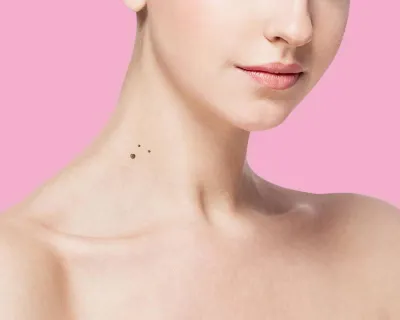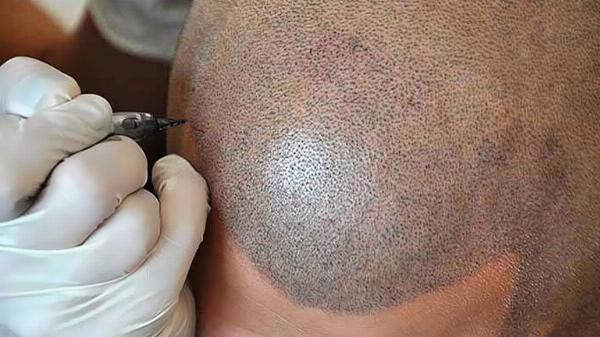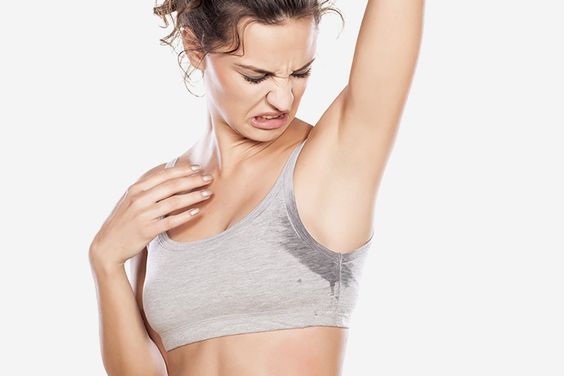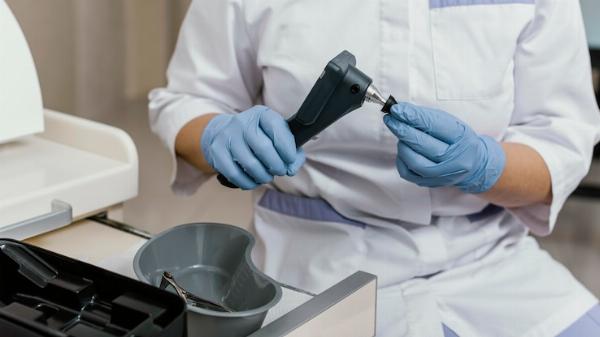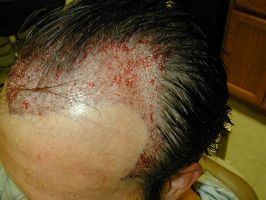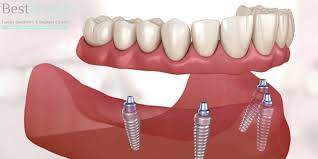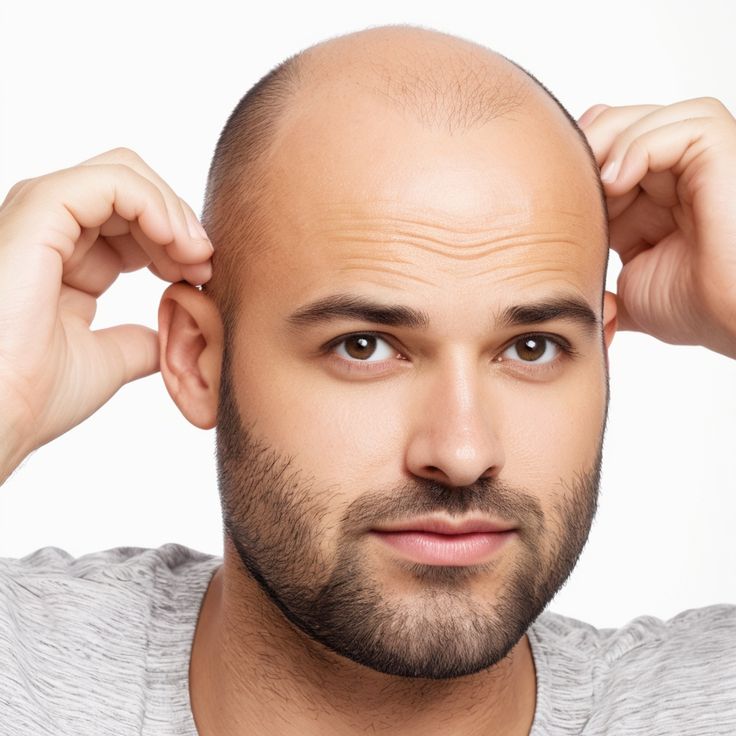 Zapier Automation – Automate Publishing. Free Your Time!
Zapier Automation – Automate Publishing. Free Your Time!
Which pimple Treatment Is Right for You?
Written by Dynamic » Updated on: June 17th, 2025 185 views

Dealing with pimples can be frustrating and, at times, challenging. Whether caused by genetics, hormones, or environmental factors, pimples can affect self-confidence and even leave lasting marks if not managed properly. Thankfully, various treatment options target different types of pimples, offering customized solutions to fit unique skin concerns. To select the right treatment for you, it’s essential to understand what options are available, their effectiveness, and how they align with your skin’s needs. let's explore Rhinoplasty in Dubai
Understanding the Causes of Pimples
Pimples are typically a result of excess oil production, clogged pores, bacteria, or hormonal imbalances. When sebum (skin oil) and dead skin cells block hair follicles, they create a breeding ground for bacteria, leading to inflammation and the formation of pimples. This process can vary depending on skin type, lifestyle, and environmental factors, making it essential to choose a treatment that tackles the root cause of your specific pimple problem.
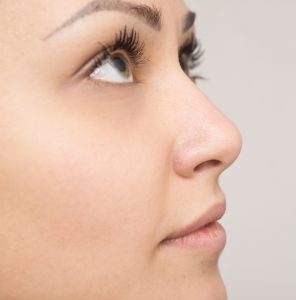
Types of Pimples and Tailored Treatments
Not all pimples are the same, so identifying which type you’re dealing with is critical. The primary types include blackheads, whiteheads, papules, pustules, nodules, and cysts. Each has unique characteristics and, therefore, requires different treatment approaches to effectively manage and minimize breakouts.
Blackheads and Whiteheads
Blackheads and whiteheads are the mildest forms of pimples and usually the first stage in pimple development. Blackheads are open pores filled with sebum that has oxidized, giving them a dark appearance. Whiteheads, on the other hand, are closed pores that trap oil and bacteria beneath the skin.
Suggested Treatments:
Salicylic Acid: This beta-hydroxy acid (BHA) is oil-soluble, meaning it can penetrate oily pores to break down excess sebum and dead skin cells. Regular use helps to prevent clogged pores and clear away blackheads and whiteheads.
Retinoids: Topical retinoids are highly effective in unclogging pores and reducing the formation of blackheads and whiteheads. They also promote cell turnover, encouraging fresher, clearer skin.
Papules and Pustules
Papules are small, red, inflamed bumps without visible pus, while pustules are similar in appearance but contain pus. Both indicate moderate acne and require treatments that address inflammation and bacterial growth.
Suggested Treatments:
Benzoyl Peroxide: A strong anti-bacterial agent, benzoyl peroxide effectively kills acne-causing bacteria and reduces inflammation. It can be used as a spot treatment or in lower concentrations across the face.
Tea Tree Oil: Known for its natural antibacterial properties, tea tree oil is an alternative for those who prefer natural remedies. However, it should be used in moderation and in diluted forms to avoid irritation.
Nodules and Cysts
Nodules and cysts are severe forms of pimples that form deep within the skin. These types are usually painful and can lead to scarring if not treated correctly. Nodules are hard lumps, while cysts are filled with pus and have a softer, swollen appearance.
Suggested Treatments:
Oral Medications: Severe cases may require oral medications such as antibiotics or isotretinoin, which work by targeting acne-causing bacteria and reducing inflammation from within.
Corticosteroid Injections: For particularly inflamed cysts, dermatologists may inject a corticosteroid directly into the cyst to quickly reduce swelling and pain.
Chemical Peels: Chemical peels containing ingredients like glycolic acid can help reduce the appearance of nodules and cysts by exfoliating the top layers of the skin and reducing inflammation over time.
Over-the-Counter Treatments for Mild to Moderate Pimples
Many over-the-counter (OTC) products are available for mild to moderate pimples, targeting clogged pores, bacteria, and inflammation. These treatments are suitable for individuals experiencing occasional breakouts or non-severe acne. Some of the popular ingredients include:
Alpha Hydroxy Acids (AHAs): AHAs, like glycolic acid and lactic acid, are water-soluble acids that exfoliate the surface of the skin, helping to unclog pores and reduce the buildup of dead skin cells.
Clay Masks: Clay masks, especially those containing bentonite or kaolin, help absorb excess oil, cleanse pores, and prevent pimple formation.
Prescription Treatments for Persistent Acne
If over-the-counter options aren’t effective, prescription treatments may be necessary. Dermatologists can recommend stronger medications that work on more persistent forms of acne, including those resulting in severe inflammation.
Topical Retinoids
Topical retinoids are derivatives of vitamin A that unclog pores and improve cell turnover, making them an effective treatment for most types of pimples. Prescription retinoids are more potent than their OTC counterparts, providing faster and more noticeable results.
Antibiotics
Topical or oral antibiotics reduce inflammation and kill bacteria. They are usually prescribed for short-term use in combination with other treatments to prevent bacterial resistance. Antibiotics are effective for pustules, papules, and cystic acne.
Hormonal Treatments
Hormonal treatments such as birth control pills or anti-androgen medications can help regulate hormone levels in individuals whose acne is largely due to hormonal fluctuations. This approach is commonly prescribed for women dealing with hormonal acne.
In-Office Treatments by Dermatologists
For those with severe, persistent acne or anyone looking for quicker results, in-office procedures can be an effective option. Dermatologists perform these treatments, which are designed to penetrate deeper into the skin and provide more immediate results.
Chemical Peels
Chemical peels use acids like glycolic, salicylic, or lactic acid to exfoliate the outer layers of skin, revealing smoother and less inflamed skin underneath. Peels can help reduce the occurrence of pimples and improve the overall texture of the skin.
Laser and Light Therapy
Laser and light therapies target bacteria and reduce inflammation, making them suitable for various forms of acne. This treatment is often used in combination with other therapies to enhance results and minimize breakouts.
Microdermabrasion
Microdermabrasion involves physically exfoliating the skin with fine crystals or a diamond-tipped tool to remove dead skin cells and unclog pores. This procedure can be beneficial for those with blackheads and whiteheads and can also help reduce acne scars over time.
Aloe Vera
Aloe vera gel is known for its soothing properties and can reduce redness and swelling associated with pimples. It can be applied as a spot treatment or used as a gentle moisturizer for sensitive skin.
Honey and Cinnamon Mask
Honey has antibacterial properties, while cinnamon acts as an anti-inflammatory. Mixing these ingredients into a mask and applying it to the skin can help reduce the appearance of pimples and prevent new breakouts.
Apple Cider Vinegar
Diluted apple cider vinegar has acidic properties that can help balance the skin’s pH and reduce bacteria. It’s often used as a toner for those with oily, acne-prone skin, though it should be applied with caution to avoid irritation.
Choosing the Right Treatment for Your Skin Type
Selecting the best pimple treatment depends largely on your skin type and the severity of your pimples. For example, individuals with oily skin might benefit from salicylic acid and clay-based products, while those with sensitive skin may need to focus on gentler, hydrating treatments. A consultation with a dermatologist can help you determine your skin type and the most effective treatment plan tailored to your needs.
When to See a Dermatologist
If you’ve tried various treatments and still struggle with persistent pimples, consulting a dermatologist is a wise next step. A professional can accurately assess your skin, provide advanced treatments, and offer a long-term strategy for managing breakouts.
Note: IndiBlogHub features both user-submitted and editorial content. We do not verify third-party contributions. Read our Disclaimer and Privacy Policyfor details.
Copyright © 2019-2025 IndiBlogHub.com. All rights reserved. Hosted on DigitalOcean for fast, reliable performance.


